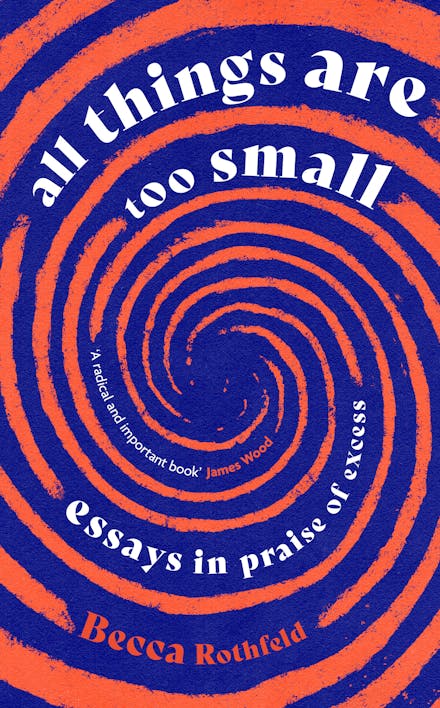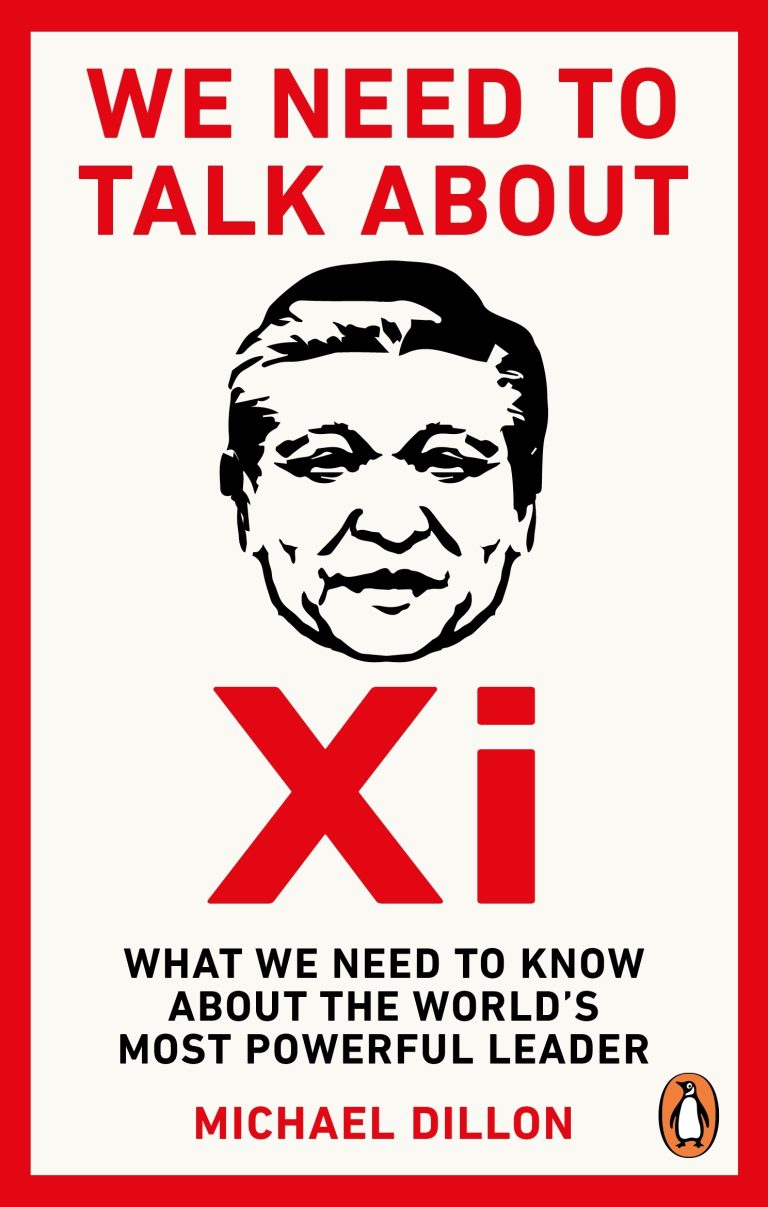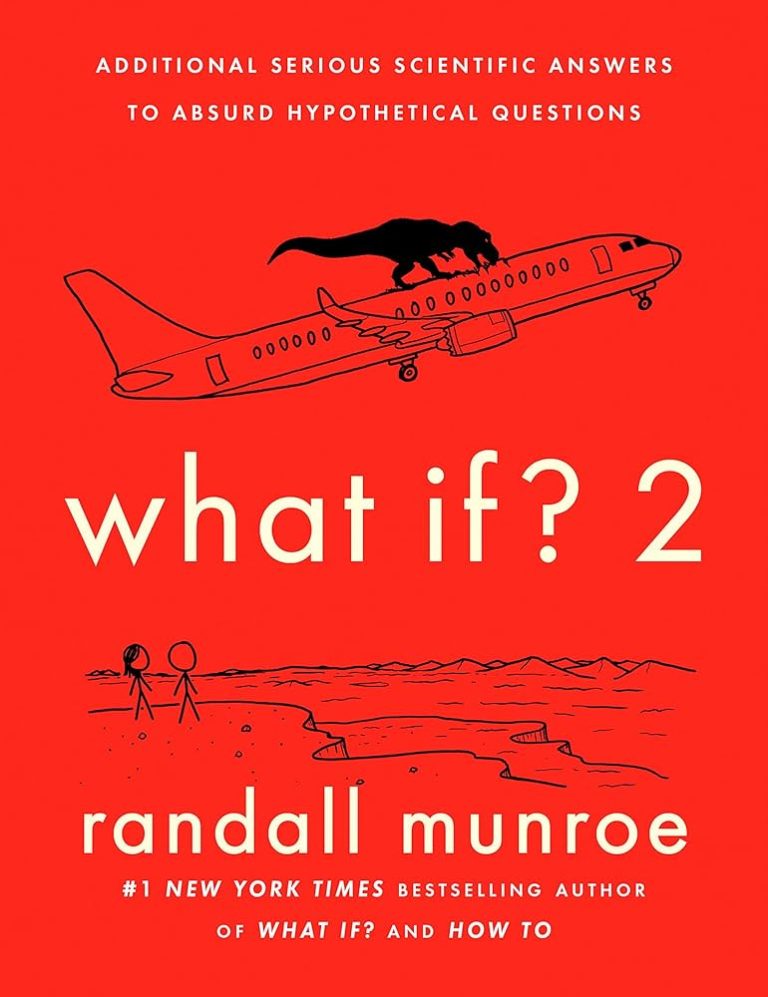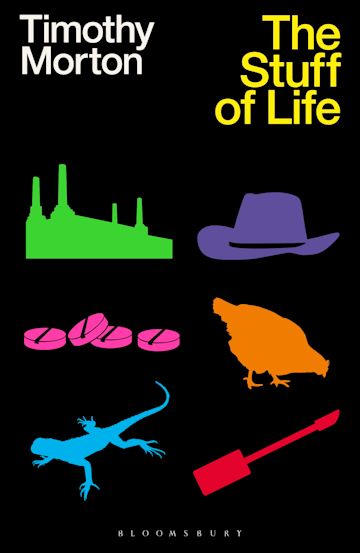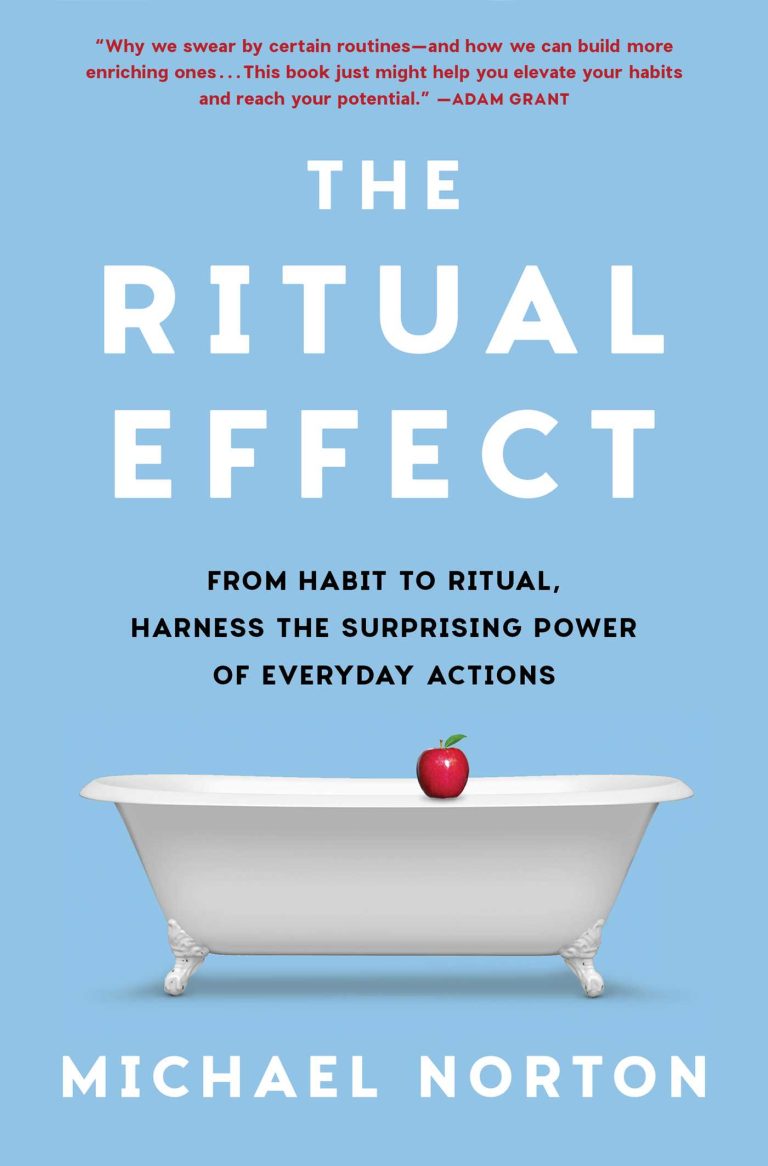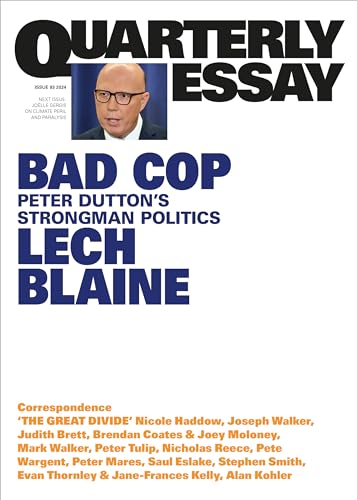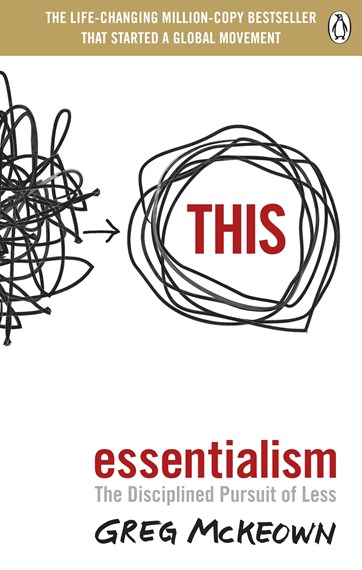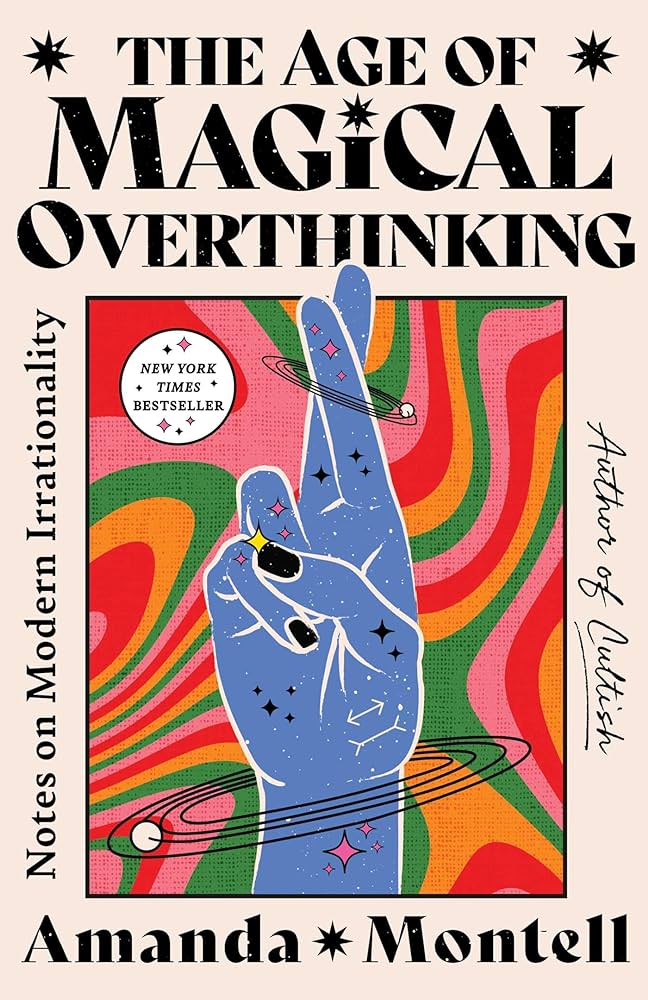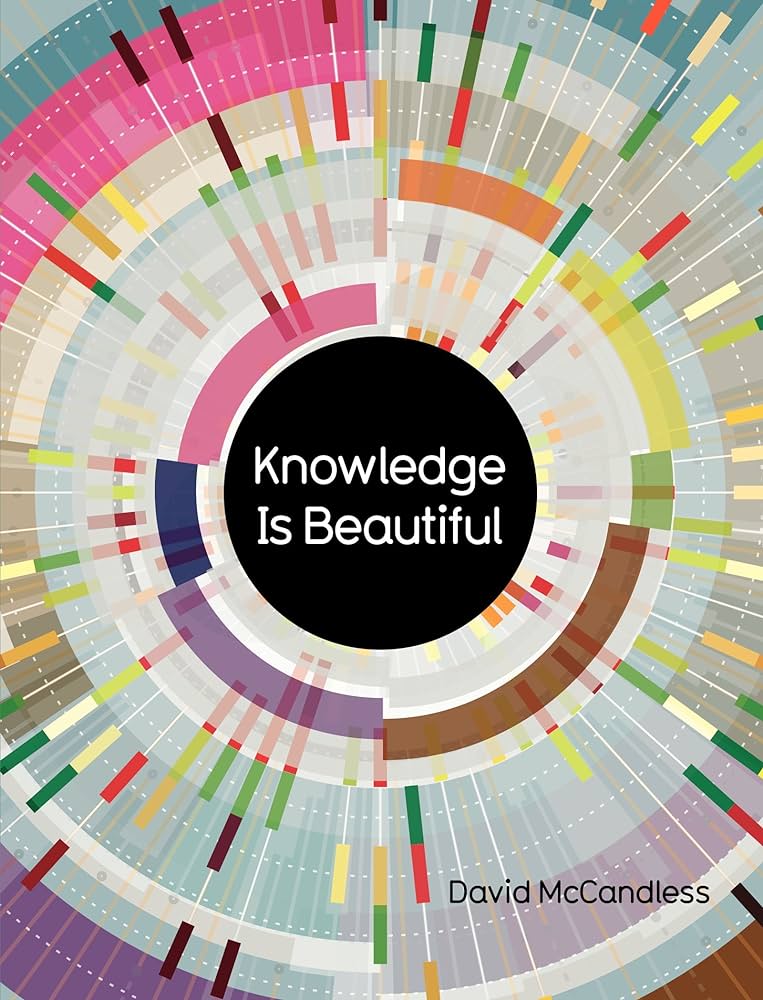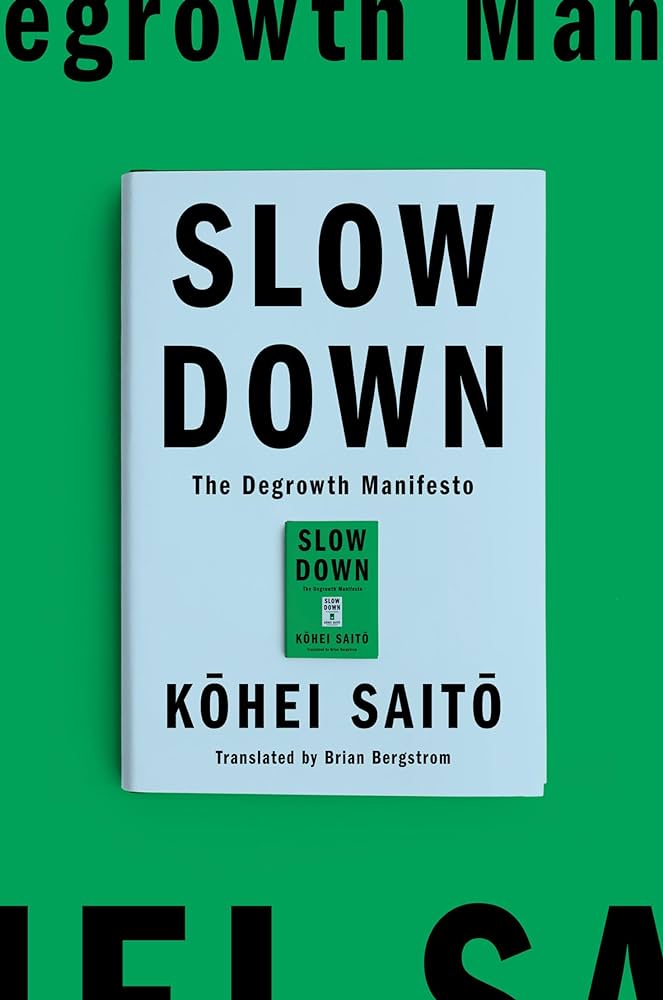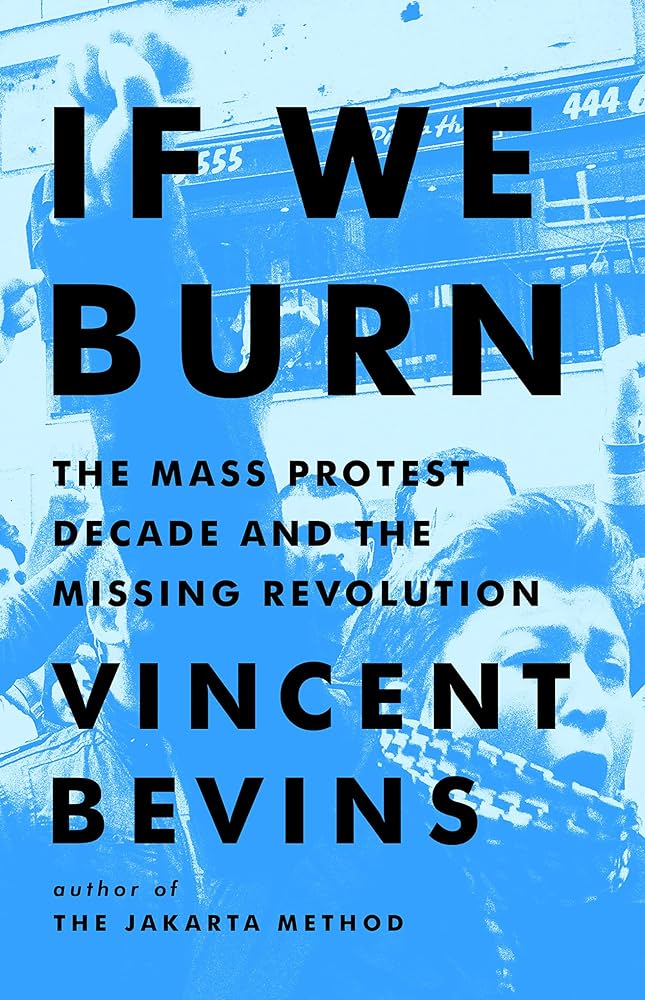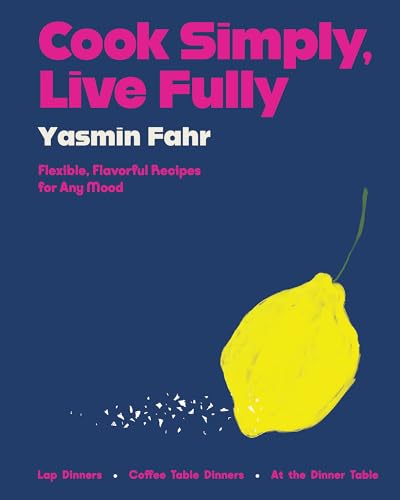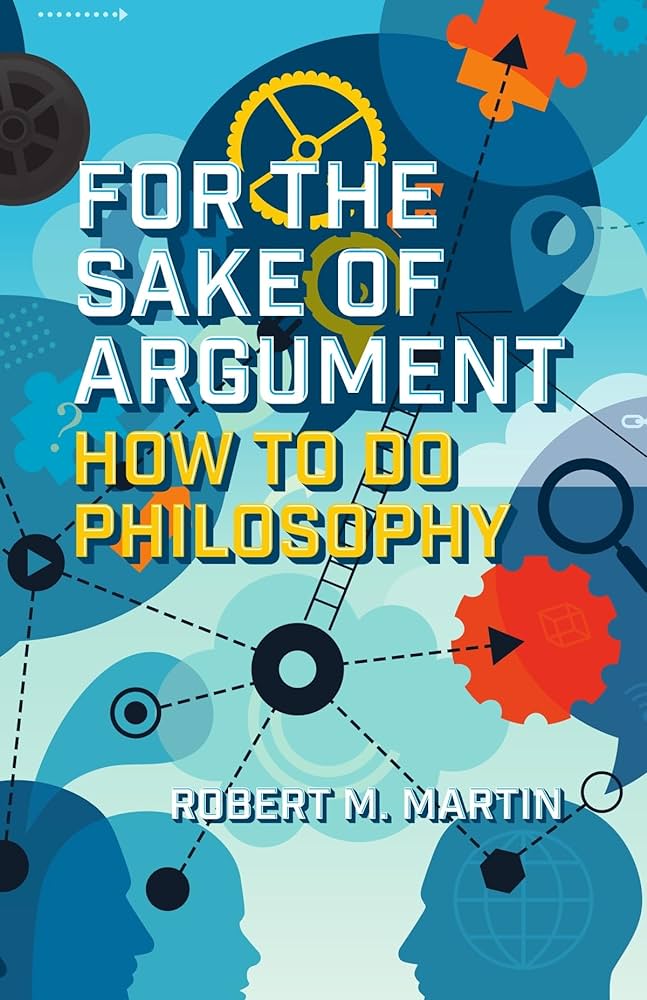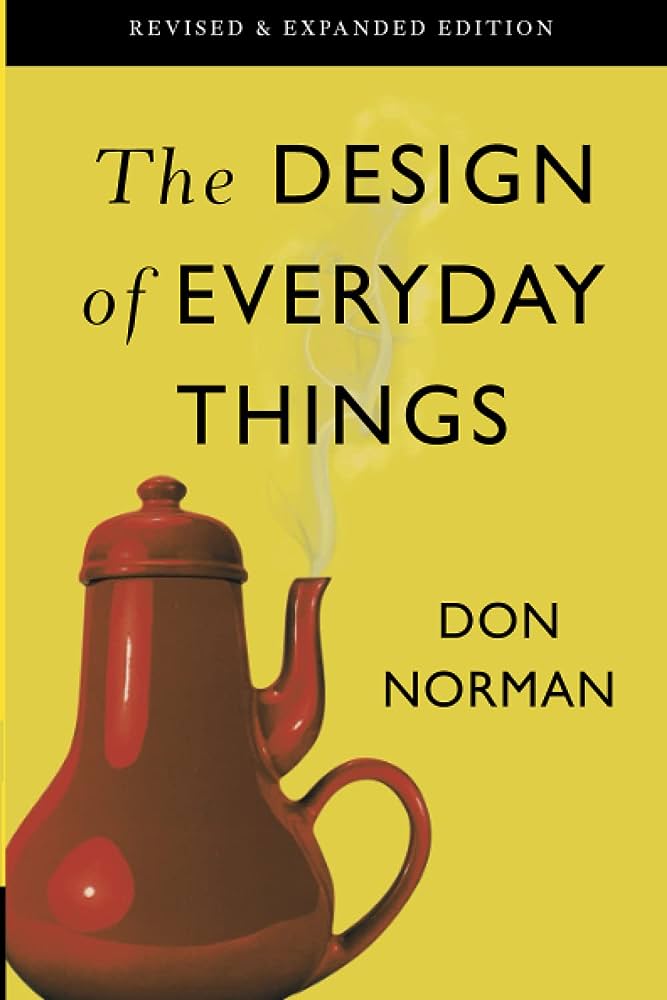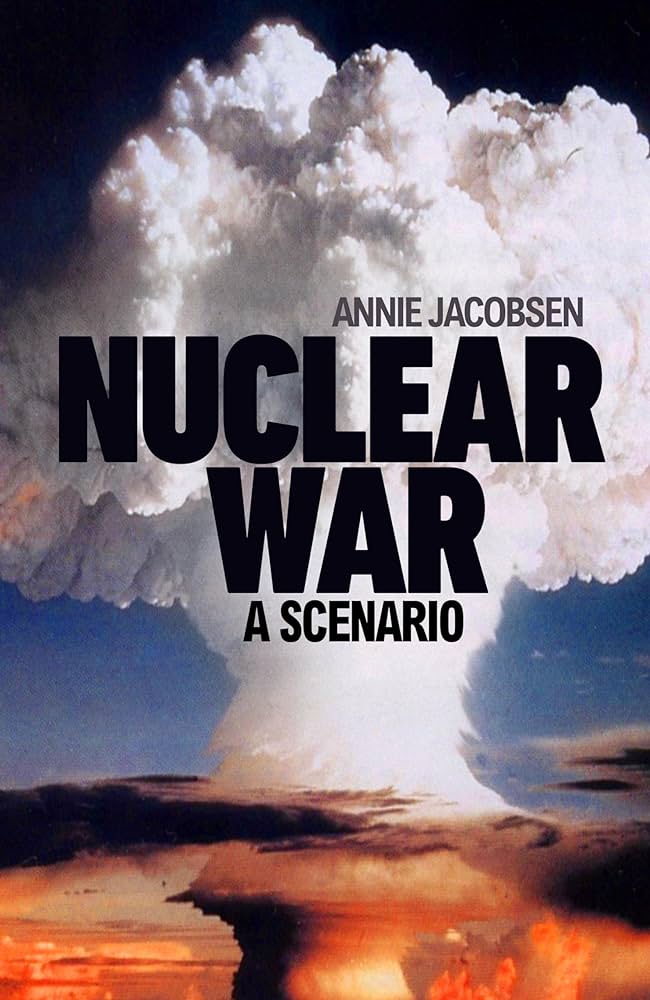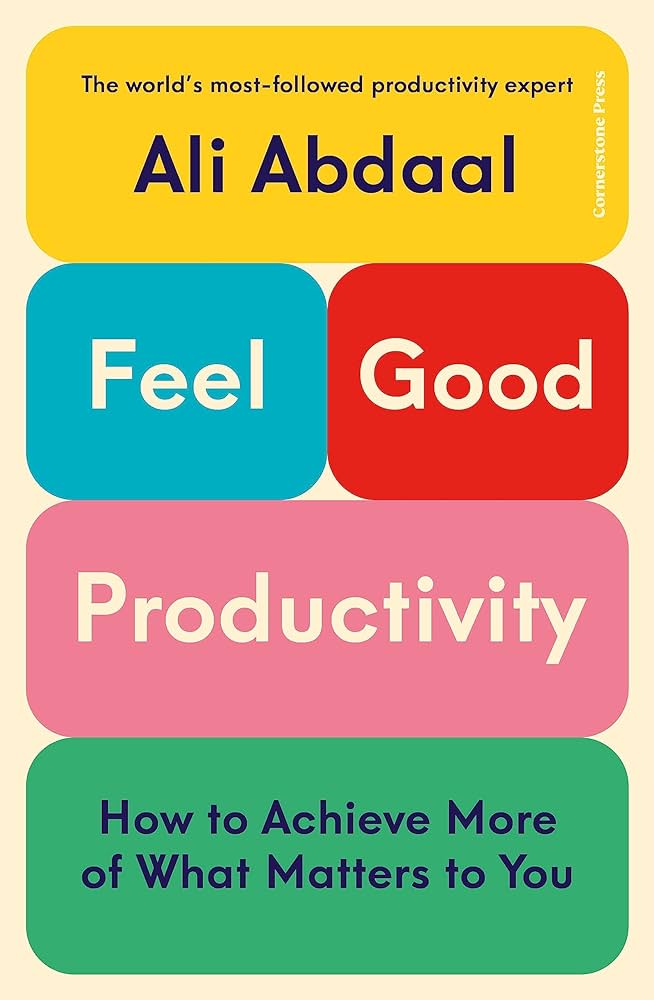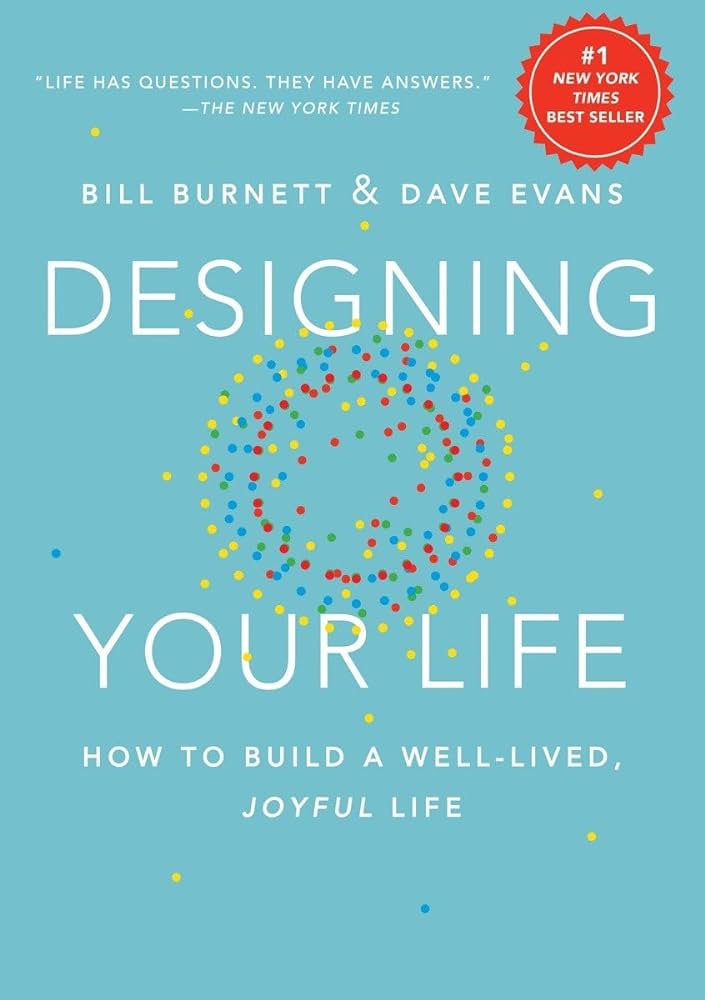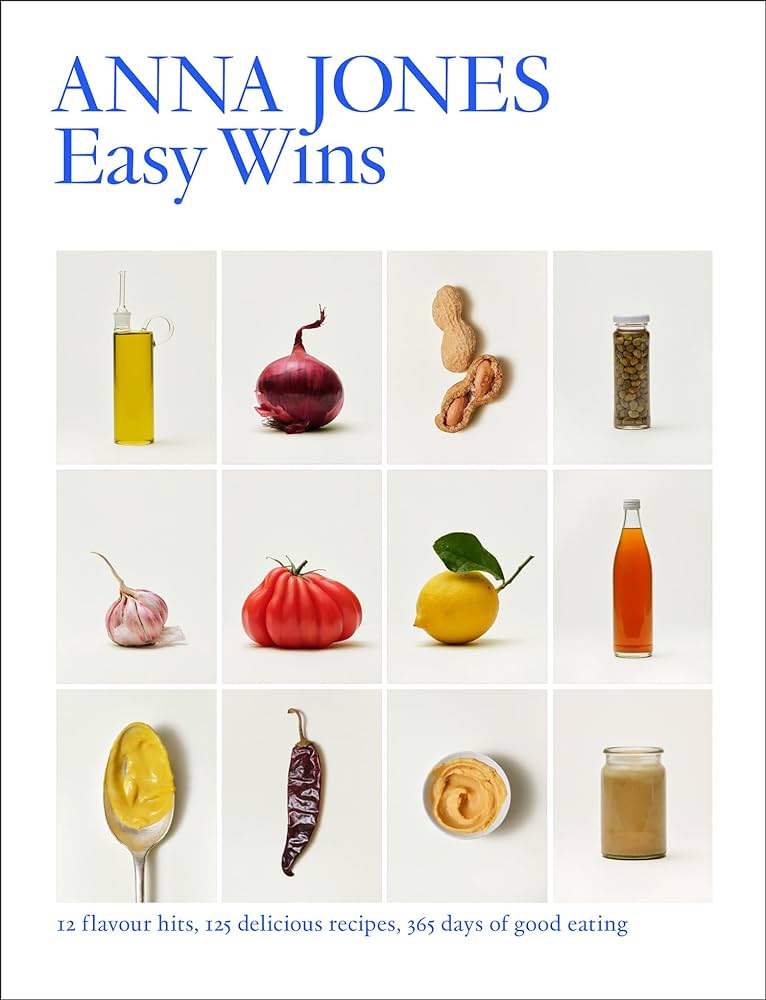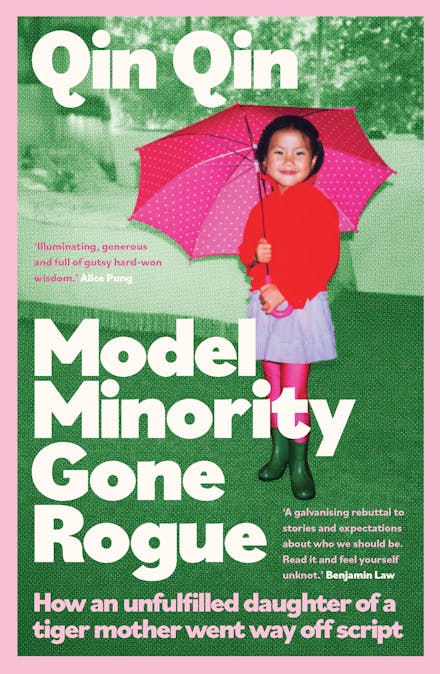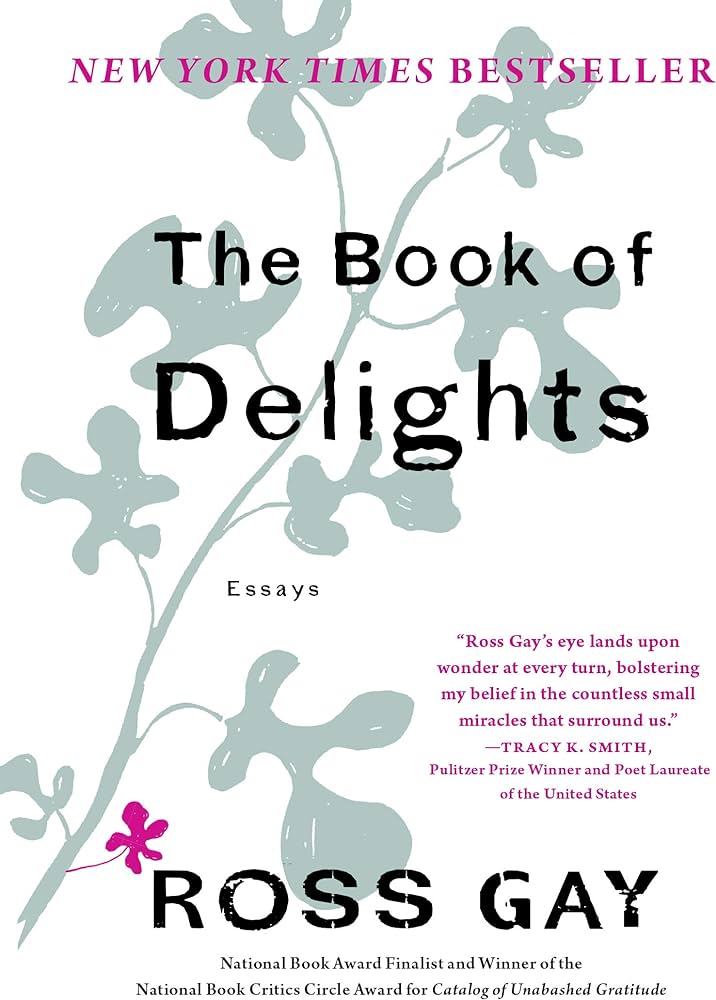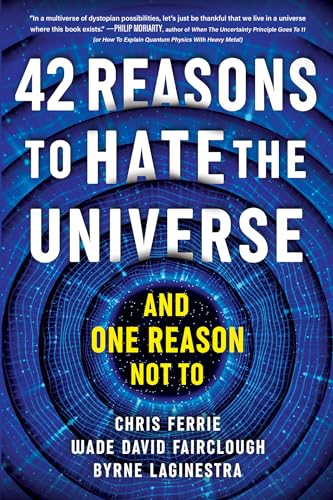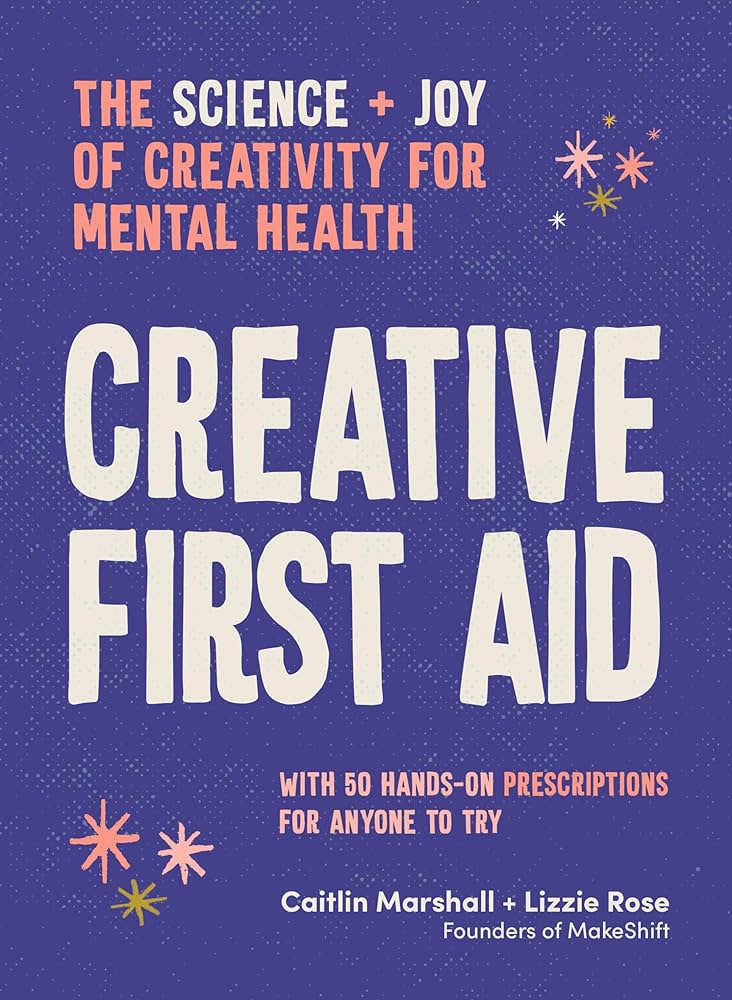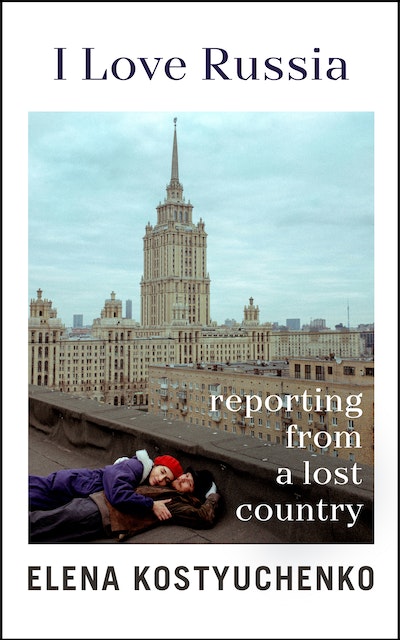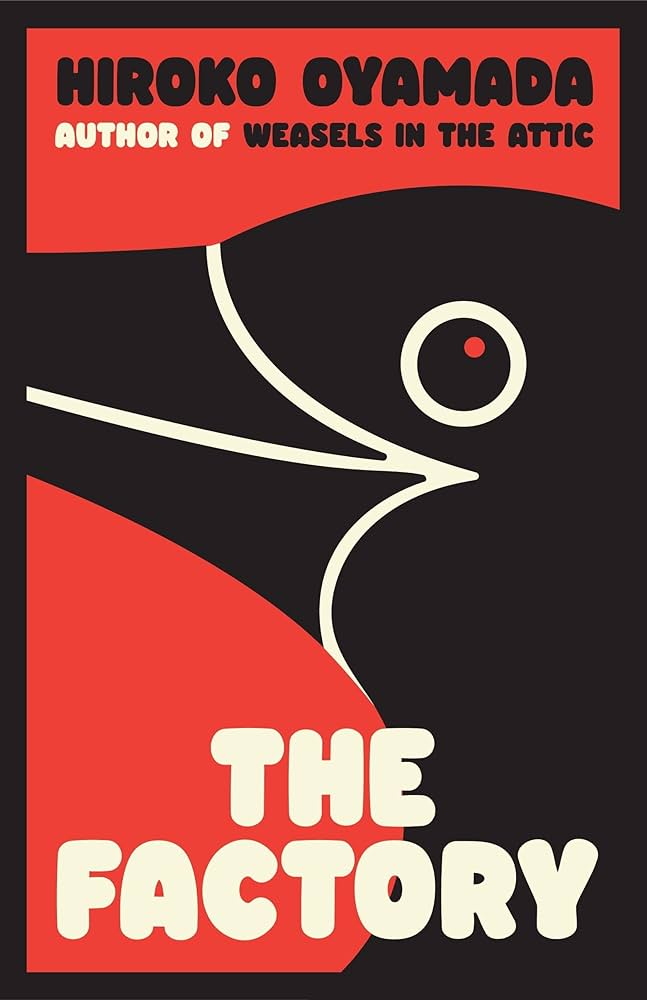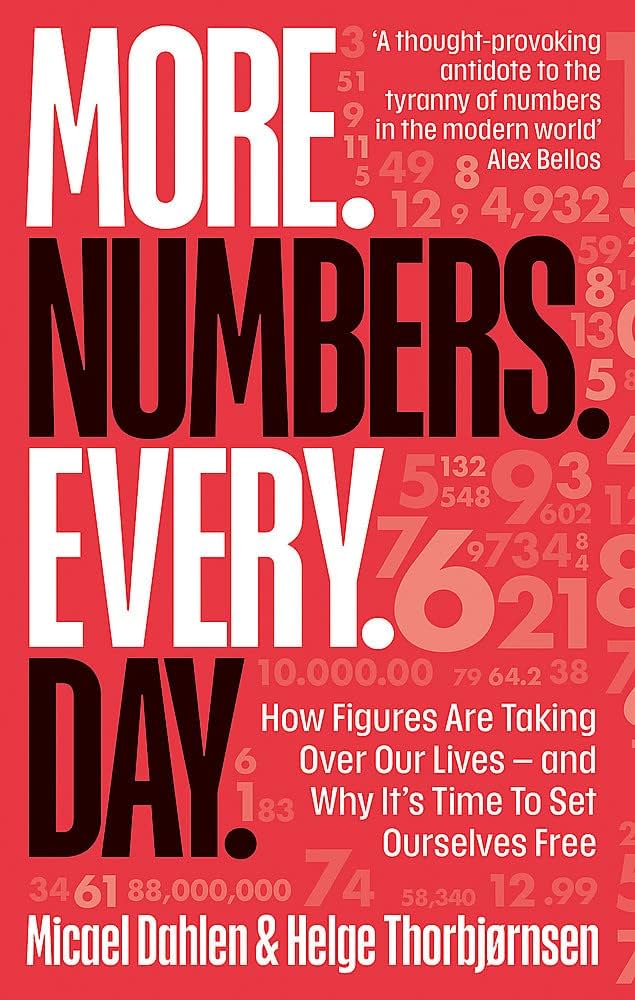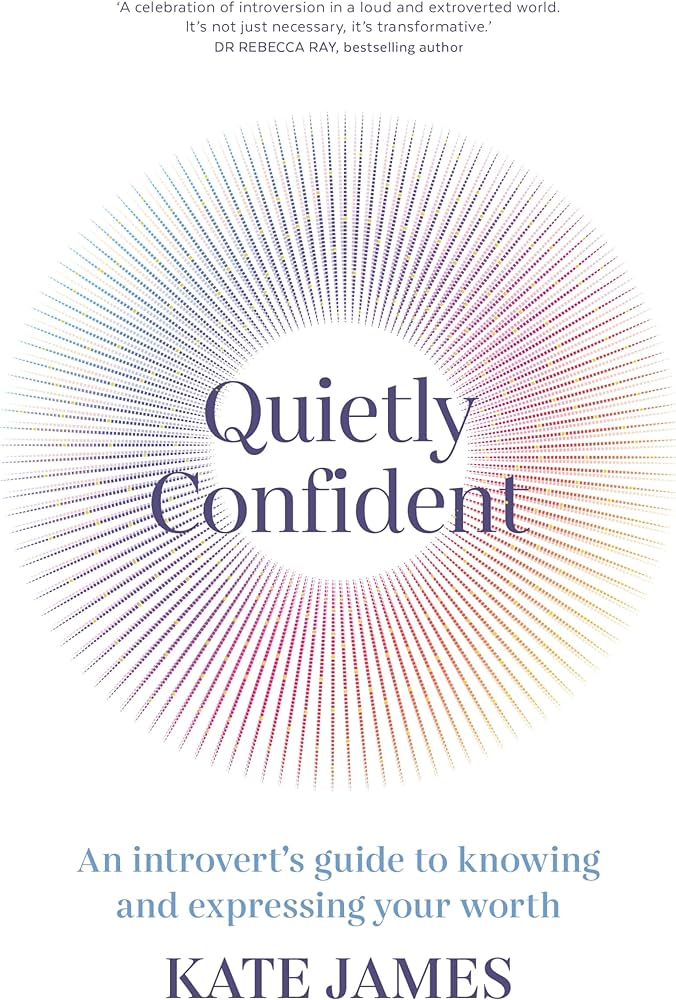A thrilling mix of food, gender and identity politics, Japanese culture, and self growth. A longer read, but golly, one I enjoyed every page of.
Book
All Things Are Too Small, Becca Rothfeld
One of the best essay collections I’ve read. Rothfeld’s writing is incredible and compelling. The central thesis of the book is one that I found provocative and compelling and has be considering my relationship with minimalism. I will say, though, the essay on mindfulness and meditation felt substantial worse than the others, and Rothfeld herself commits many of the things she later criticises of other authors in her essay on consent. Still, highly recommended.
We Need to Talk about Xi, Michael Dillon
Slight. Not much more illuminating than Xi’s wikipedia article.
The Stuff of Life, Timothy Morton
A beautiful and meaningful collection of essays. There is a magic to Morton’s writing.
The Ritual Effect, Michael Norton
An incredibly thin book with little useful or applicable advice or ideas. If you’ve read any pop-psych or self-improvement type books you’ve come across 90% of this book before. It’s the same tired mix of personal anecdotes, the same handful of studies (the marshmallow test! skinner box! etc) and the same attempt to stretch out quite a thin premise over a few hundred pages. A real shame that it comes across as vacuous as a ted talk.
Bad Cop, Lech Blaine
Blaine sets out the curious case of Peter Dutton; a person seemingly motivated by hate and fear more than anything else. A politician who has frightening implications for the state of Australia’s political system.
No Judgement, Lauren Oyler
These ponderous, meandering, often intentionally obtuse essays remind me of some of my own writing: far too long, far too pretentious and ultimately quite enervating for the reader. My fear is that I am Lauren Oyler, or perhaps Lauren Oyler is all of us.
Essentialism, Greg McKeown
Thin and repetitious but valuable. I’d prefer it not have had such a focus on BUSINESS. I’d also have preferred it not to have such a trite and extensive use of quotes, which gave it a sophomoric quality. I also passionately dislike the cover, and it hurts me to have to use it here.
The Age of Magical Overthinking, Amanda Montell
Montell is a great writer, but I found the book heavy on anecdote, memoir and pop culture and light on things I have not read or heard before. It would have been interesting to tease out some of the complications and nuances of these cognitive biases.
Knowledge is Beautiful, David McCandless
These are, objectively, mostly awfully over the top and not terribly useful ways of presenting information. They are presentations of ideas with the design setting turned up to 11. Which is to say I loved every moment with this book.
Slow Down, Saitō Kōhei
A clarion call about the incompatibility if not out right impossibility of fighting climate change within existing capitalist frameworks. The bits of the books that were concerned with establishing whether or not Marx was an advocate for green degrowth were pretty dull and I thought unnecessary to the broader point that Saito makes.
Dune, Frank Herbert
As a big fan of the recent films I wasn’t sure what to expected by going back to the original source. In short, my eyes have turned deepest, darkest blue and I yearn to ride a Maker. I loved the book.
If We Burn, Vincent Bevins
A fascinating history of recent mass protests, however I wished the analysis about implications had been more substantial.
Cook Simply, Live Fully, Yasmin Fahr
Some memorable and interesting recipes, but REALLY A LOT OF CHICKEN RECIPES.
For the Sake of Argument, Robert M. Martin
Some interesting ideas but on the whole disjointed and meandering.
The Design of Everyday Things, Don Norman
Another review helped me understand this book; while it might seem repetitive when read in 2024, for its time it was revolutionary. It’s a pity we are still fighting a war on bad design and, worse, blaming humans and not bad design.
Nuclear War, Annie Jacobsen
Heck, this was a grim, grim, grim compelling read. A necessary reminder about the irredeemable evil of nuclear weapons and how quickly life as we know it could be over because of these evil weapons.
Feel-Good Productivity, Ali Abdaal
I’ve long been suspicious of Abdaal’s role in promoting hustle culture, and so I went into this book with great scepticism. Happily he preaches a somewhat different message in the book from the stuff in his youtube content. Unhappily, it’s shallow and largely unoriginal messages. I cannot help but feel the same book from an author without his fan base would not have been published.
Designing Your Life, Bill Burnett and Dave Evans
This was definitely better than their work-focussed book and so I wish I had just read this. I think the value of design thinking is powerful and I hope some form of it is being taught to kids today. For those of us coming to the concept later in life, books like these are helpful.
Easy Wins, Anna Jones
Another great cookbook from Anna Jones – I’ve made two recipes from this and they’ve both worked really well. It’s a perfect book for those wanting to eat more plants.
Model Minority Gone Rogue, Qin Qin
Qin writes with raw power in this affecting story of self-discovery. I only wish it didn’t feel quite as disjointed in the underlying narrative. I hope to be able to read more from Qin!
The Book of Delights, Ross Gay
Gay writes with beauty and such humanity. The thesis of this book, even ignoring its excellent execution, is such a valuable and important idea: we all of us should practice the art of being receptive to joy and delight.
42 Reasons to Hate the Universe, Wade David Fairclough et al
A book with a sense of humour that somehow makes Family Guy seem witty and profound. I’ve never experienced a book as painfully unfunny as this—it was truly mystifying and appalling. Almost as disappointing was the substantive content which was repetitive, shallow and largely uninteresting. The authors set up the universe as something with anthropomorphic intent, which might be a fine premise if they ever took the time to actually explain, no the universe doesn’t actually want to kill you. I hated this and read in a state of disbelief tinged with horror.
Creative First Aid, Lizzie Rose and Caitlin Marshall
A well-intentioned and lovingly designed book, albeit one that felt puddle deep. I support the author’s message and cause very much but found this book middling.
I Love Russia, Elena Kostyuchenko
A stunning, haunting portrait of a country that seems lost and set on self-destruction. The harshness, oppression, and corruption experienced by its people is heartbreaking. Kostyuchenko’s writing is incredible, necessary and deeply affecting.
The Factory, Oyamada Hiroko
A surreal nightmare of a book which is fitting giving modern work is its subject. The calm, measured prose does a wonderful job of creating a bizarre, confusing feel, aided by (at first disturbing then I eventually figured out what was happening) abrupt and unmarked transitions between different character PoVs.
More. Numbers. Every. Day, Helge Thorbjørnsen and Micael Dahlén
A fantastic book; one that tackles a topic that has been on my mind for the past few years—I even wrote an essay on the topic. Numbers have invaded our life and our thinking to such a degree that they distort debate, discussion and decisions. Being conscious of the power of numbers is the first step to a healthier relationship with digits small and large. Special acknowledgements to the fun little personal anecdote from the authors – set apart from the text itself – as well as the end of chapter summaries.
Quietly Confident, Kate James
If you’ve never read a book in this genre, or had no therapy, this book might be a good start. For me though, this book was just reheated insights I’ve read quite a lot of already. There’s not much new or compelling about this one. If this genre interests you, start with Dr Guha’s book instead.
In Praise of Shadows, Tanizaki Jun’ichirō
An important essay – both so far as form goes (the afterward in my edition comments on the rather Japanese structure, itself a demonstration of the themes Tanizaki-san writes about) and content. I’ll never quite look at the interplay of light and darkness and shadow in the same ways every again.

